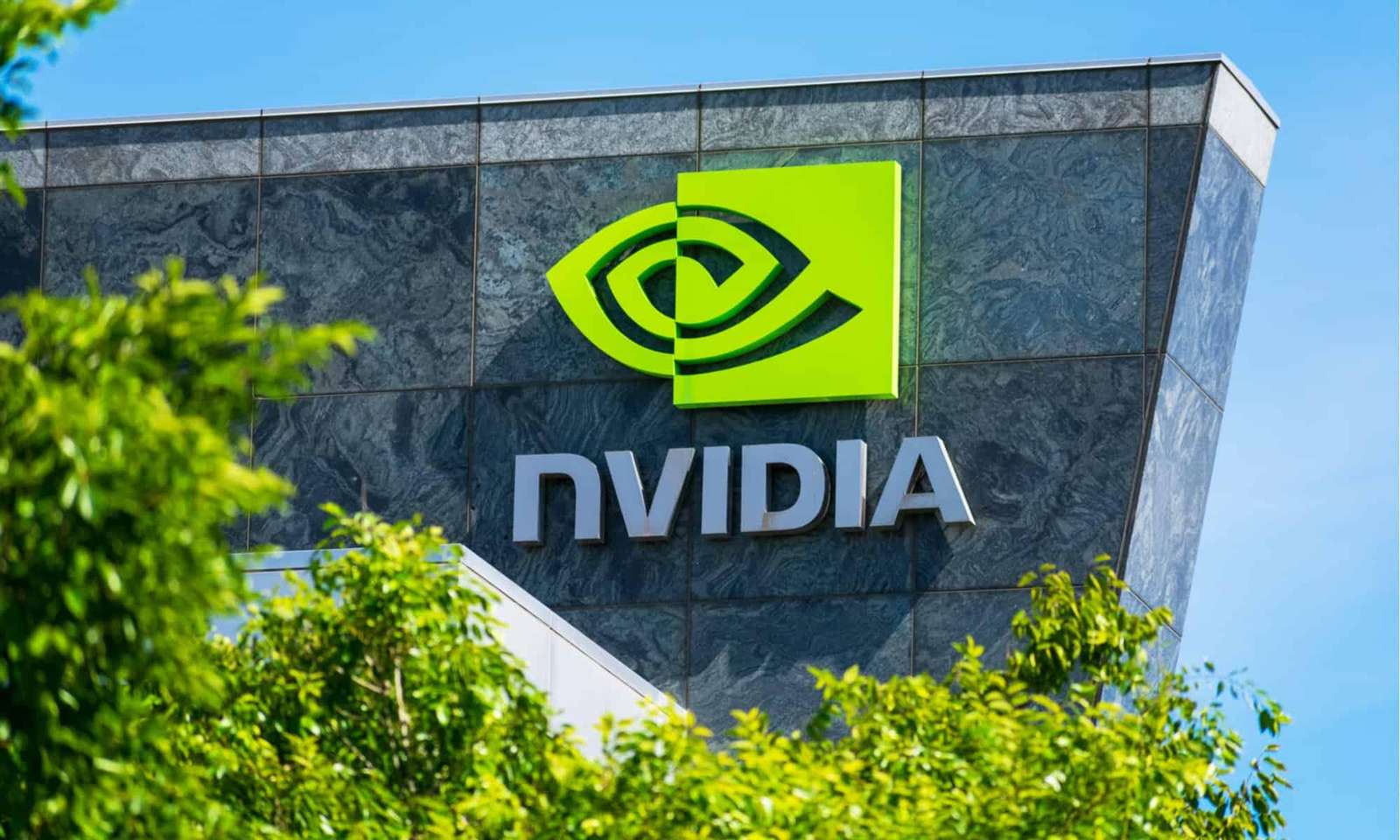Nvidia expects a $5.5bn (£4.1bn) financial hit after the Trump administration banned the company from selling key AI chips to China, causing its stock to fall sharply in after-hours trading.
In a filing late Tuesday, Nvidia revealed that its H20 chip—designed specifically for the Chinese market to comply with earlier export restrictions—will now require a special license for sale in China for the "indefinite future."
The U.S. government cited concerns that the chips could be used in or redirected to Chinese supercomputers as part of its broader effort to stay ahead in the global AI race.
Nvidia said it would take a $5.5bn charge this quarter, ending April 27, due to unsold H20 inventory and unfulfilled sales agreements.
Despite massive growth fueled by demand for AI chips—Nvidia’s stock has surged over 1,400% since 2020—the news triggered a 6% drop in its share price after markets closed, potentially erasing billions in value.
The impact rippled across the chip sector, with South Korean firms like Samsung and SK Hynix falling up to 3%, and AMD shares slipping 7% in extended U.S. trading.
While semiconductors have so far avoided the 10% tariffs introduced on April 5, Trump signaled a possible new levy on imported chips this week, though certain companies might receive exemptions.
Meanwhile, the U.S. Commerce Department has launched a probe into how imports of semiconductors and pharmaceuticals affect national security. The U.S. remains heavily dependent on chips from Taiwan, where a 32% tariff imposed by Trump was recently suspended along with most other “reciprocal” tariffs.
On Tuesday, Nvidia separately revealed plans to invest up to $500 billion in AI infrastructure across the U.S. over the next four years, as part of its effort to strengthen domestic manufacturing. While Nvidia designs its chips, the actual production is handled by partners like Taiwan Semiconductor Manufacturing Company (TSMC).
The Biden administration first restricted Nvidia and other AI chipmakers from exporting their most advanced chips to China in October 2022. In response, Chinese authorities have intensified their own restrictions on the export of equipment and technologies essential for semiconductor production.








.svg)
